Back to Courses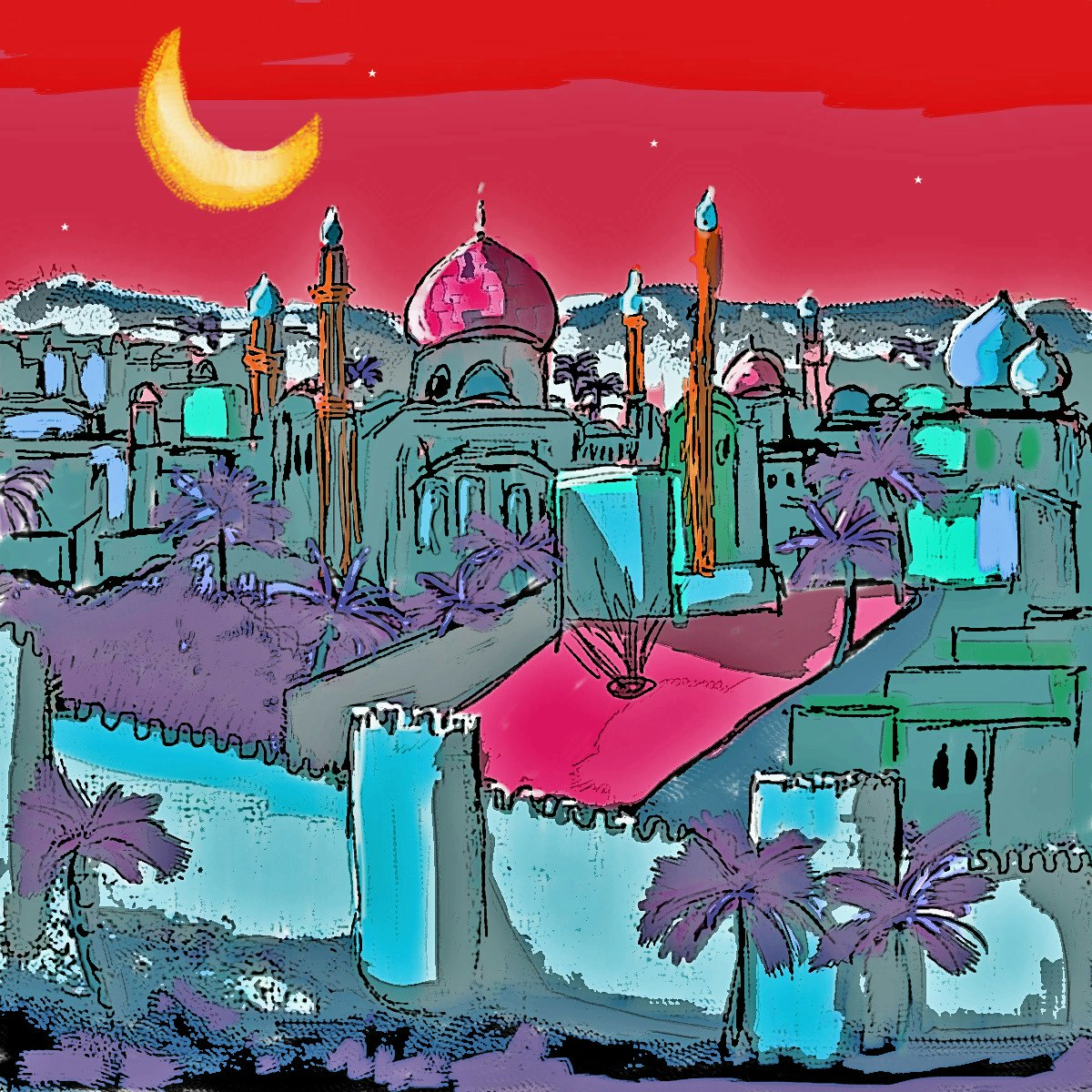
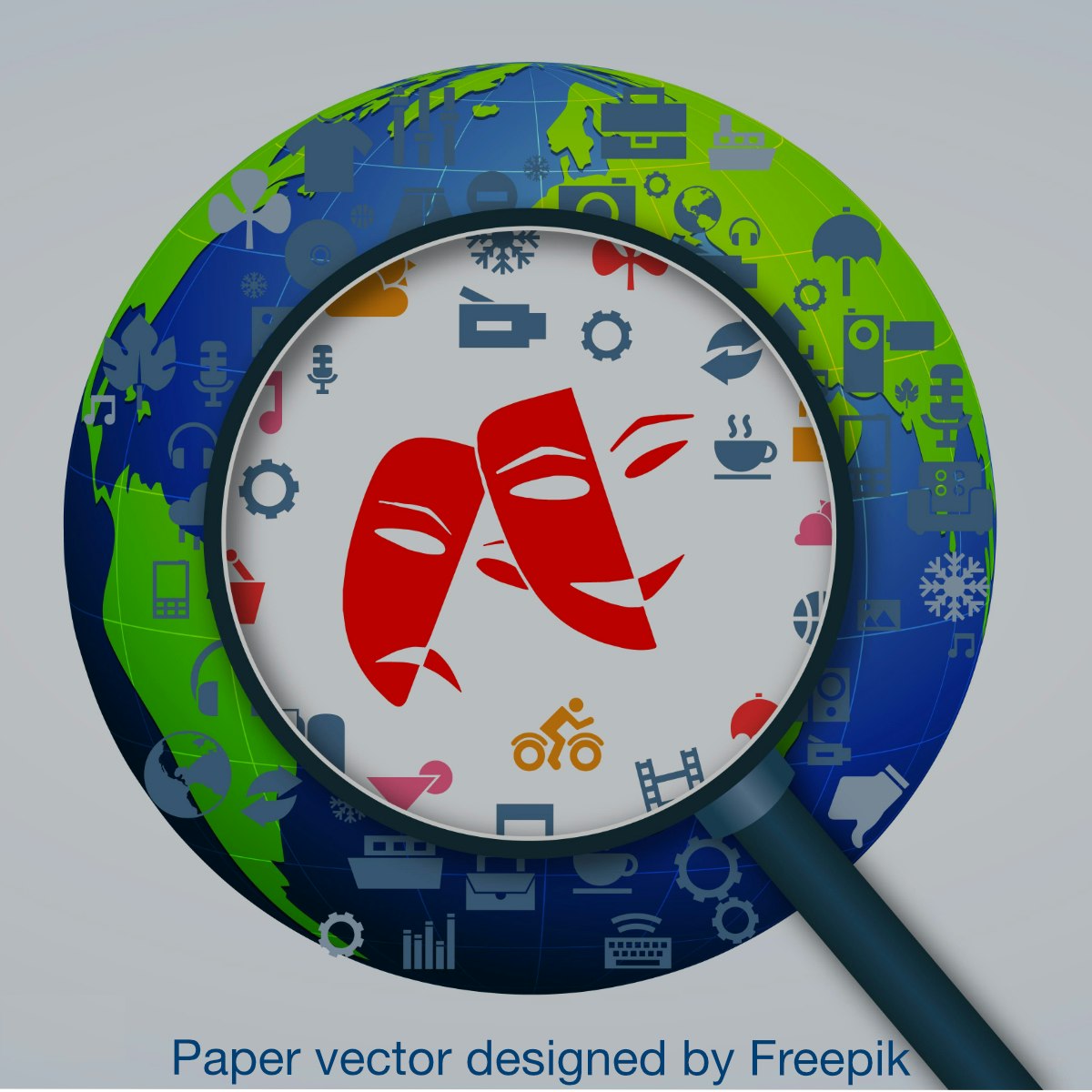

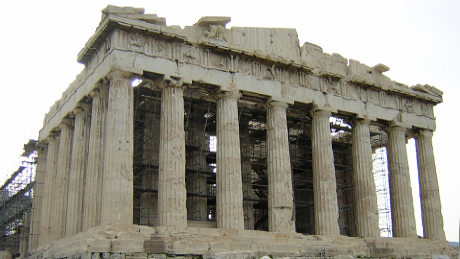



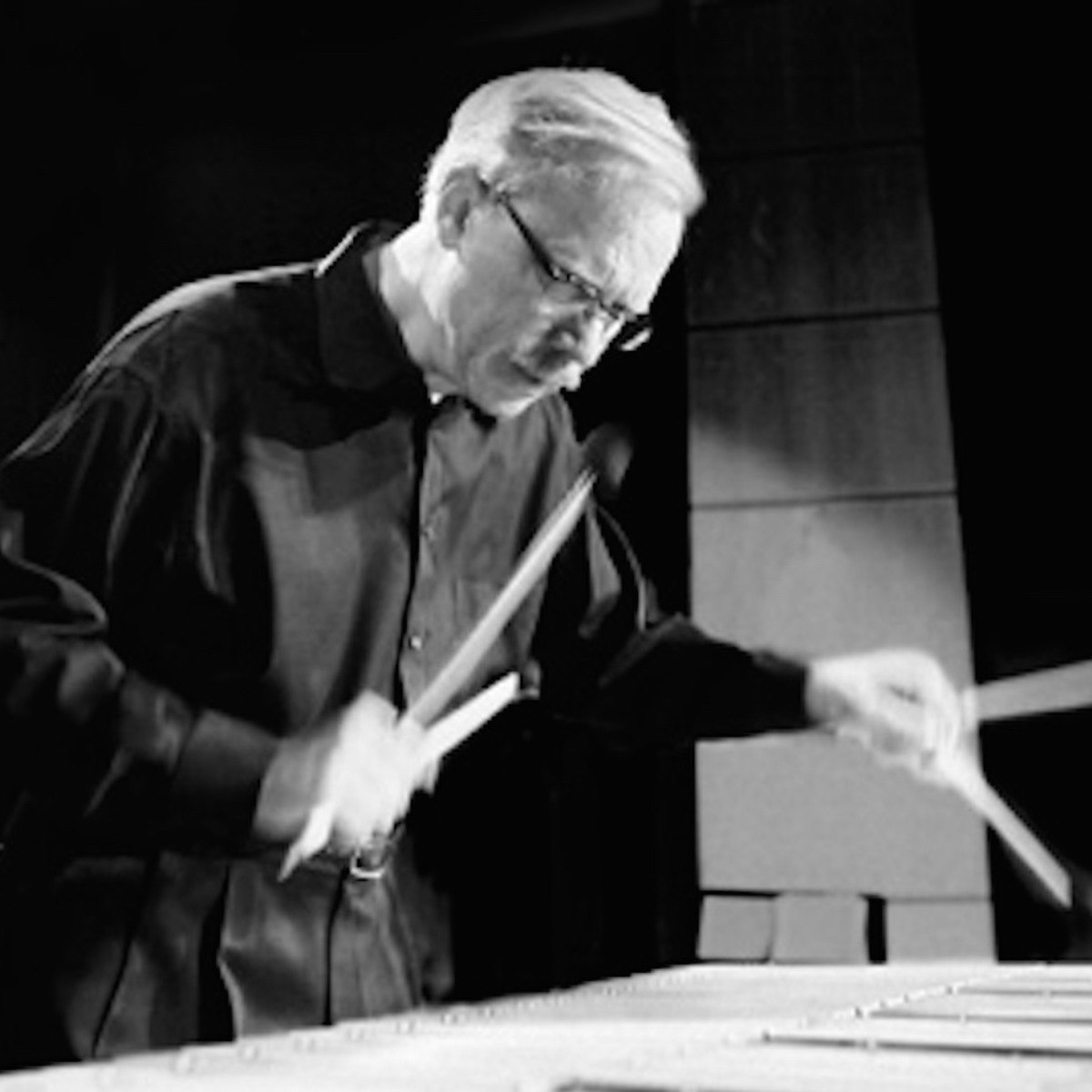

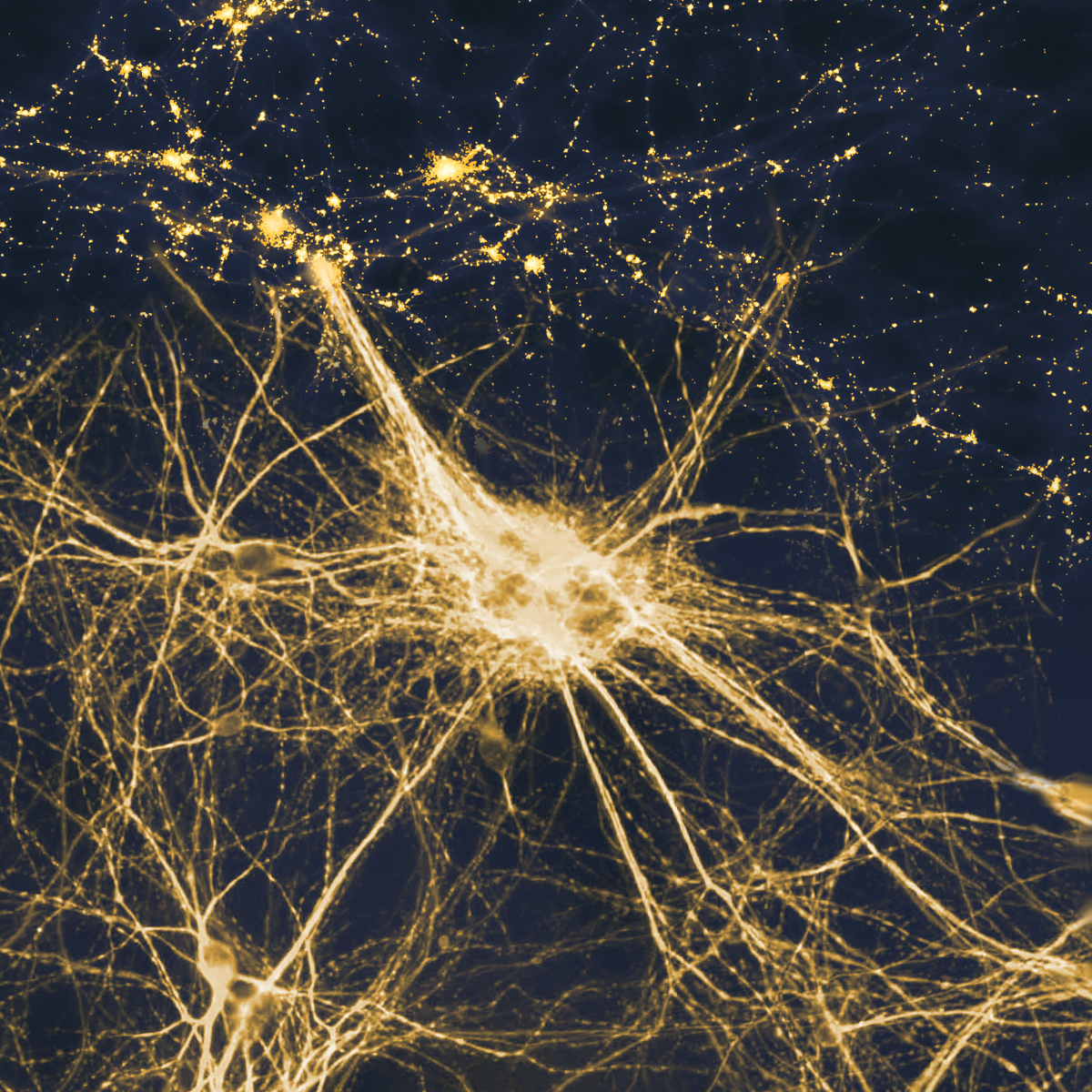
Arts And Humanities Courses - Page 38
Showing results 371-380 of 464

The Cosmopolitan Medieval Arabic World
Did you know that Arabic was for centuries the lingua franca in an area stretching from the south of Spain to the Chinese border? Did you know that the Middle East under Muslim rule in those days was the world’s beating heart of trade, but also of science and scholarship?
Did you know that Islam in its formative period was heavily influenced by existing cultures in the region, like Indian, Greek, Persian and Byzantine culture? Did you know that for many centuries after the establishment of the Muslim Empire the majority of the population remained largely Christian and Jewish?
Did you know that they held a protected status in Islamic law? Did you know that this generally open-minded, curious and open society stimulated many great innovations and inventions?
Did you know that European scholarship in the Renaissance leaned heavily on the texts and inventions from the Middle East which were the outcome of this sophisticated advanced society?
In this course we will focus on the fascinating history of the Arabic Medieval World. We will take you on a journey through the Middle Ages starting off in eighth-century Baghdad. Along the old pilgrim trails we will go to places like Mecca, Jerusalem and Najaf. We will show you the impressive markets of places like Cairo and Samarkand. However we will not hide the dark sides of society either, by introducing you to the flourishing widespread slave trade. We will visit the Abbasid court, the Harem of the caliph, and the palace of the Mamluk Sultan. We will show you some beautiful medieval manuscripts, that live on as the silent witnesses of the impressive achievements of scientists and medical doctors of this forgotten era. All along we will present you with historiographical debates and dilemma’s. Reflecting on the way we look at and interpret history. And while taking you on this journey, we will travel back and forth in time explaining to you how events of the past affected and shaped the world as we know it today.
Welcome to the Cosmopolitan Medieval Arabic World! Enroll now and follow this course for free.
---
Testimonial:
Dear Prof. Sijpesteijn
I am sending this email in gratitude for the Leiden University team for this course. Please thank the Faculty of Governance and Global Affairs for offering it on Coursera, the Faculty of Humanities for creating the lovely course content and the excellent reading material. Rarely have I seen an MOOC that is this well-researched and thought through. This is in addition to the excellent resources provided and the creative media. I finished the course and presently doing the honors-track.
If I may introduce myself, I am Radi Radi, a Palestinian-Jordanian who lives on "Shajaret Al Dur" St. in Amman, Jordan. It was quite an coincidence to learn about her here. I work as a pilot and currently we are not flying anywhere currently so I thought of finishing this course. I am a Bachelor of Civil Engineering from Ryerson Univeristy, Canada and this really felt like the 100-level electives I took in that it really is a university-level course.
I have bought a few books that I have read about in your course and that meant that I have something else to do in this corona-imposed hiatus. After
Once aviation kicks back into gear, I hope to be flying to Amsterdam Again. When that happens, I plan on bringing you guys a gift from Amman for your efforts.
Many Thanks
Radi Radi

Theatre and Globalization
Learn how theatre and globalization have affected each other over the past century, and how to conduct your own research on global theatre histories.

How to Trace Objects in Adobe Illustrator
Adobe Illustrator’s image trace function is a quick and easy way to convert your regular images, photos, and drawings into images that can change in size without losing quality. Whether you’re designing a new logo for your business or you’re a graphic design artist converting images for the web, the image trace tool is an excellent way to take your graphics’ quality to the next level.
This project is great for newcomers to Adobe Illustrator - individuals with basic familiarity with Adobe Creative Suite and a general understanding of image file formats (jpg, png). Learners with a desire for deeper understanding in digital imaging and web graphics will benefit most from this course.
Following along in this guided project, we will use practical application to identify a raster image, convert it to a vector graphic, and design it using the image trace functions in Adobe Illustrator. By the end of this project, you will learn how to use image tracing to transform your own raster images into high-quality, scalable images.
Greek and Roman Mythology
Myths are traditional stories that have endured over a long time. Some of them have to do with events of great importance, such as the founding of a nation. Others tell the stories of great heroes and heroines and their exploits and courage in the face of adversity. Still others are simple tales about otherwise unremarkable people who get into trouble or do some great deed. What are we to make of all these tales, and why do people seem to like to hear them? This course will focus on the myths of ancient Greece and Rome, as a way of exploring the nature of myth and the function it plays for individuals, societies, and nations. We will also pay some attention to the way the Greeks and Romans themselves understood their own myths. Are myths subtle codes that contain some universal truth? Are they a window on the deep recesses of a particular culture? Are they a set of blinders that all of us wear, though we do not realize it? Or are they just entertaining stories that people like to tell over and over? This course will investigate these questions through a variety of topics, including the creation of the universe, the relationship between gods and mortals, human nature, religion, the family, sex, love, madness, and death.
***********************************************************************************************************
COURSE SCHEDULE
• Week 1: Introduction
Welcome to Greek and Roman Mythology! This first week we’ll introduce the class, paying attention to how the course itself works. We’ll also begin to think about the topic at hand: myth! How can we begin to define "myth"? How does myth work? What have ancient and modern theorists, philosophers, and other thinkers had to say about myth? This week we’ll also begin our foray into Homer’s world, with an eye to how we can best approach epic poetry.
Readings: No texts this week, but it would be a good idea to get started on next week's reading to get ahead of the game.
Video Lectures: 1.1-1.7
Quiz: Complete the quiz by the end of the week.
• Week 2: Becoming a Hero
In week 2, we begin our intensive study of myth through Homer’s epic poem, the Odyssey. This core text not only gives us an exciting story to appreciate on its own merits but also offers us a kind of laboratory where we can investigate myth using different theoretical approaches. This week we focus on the young Telemachus’ tour as he begins to come of age; we also accompany his father Odysseus as he journeys homeward after the Trojan War. Along the way, we’ll examine questions of heroism, relationships between gods and mortals, family dynamics, and the Homeric values of hospitality and resourcefulness.
Readings: Homer, Odyssey, books 1-8
Video Lectures: 2.1-2.10
Quiz: Complete the quiz by the end of the week.
• Week 3: Adventures Out and Back
This week we’ll follow the exciting peregrinations of Odysseus, "man of twists and turns," over sea and land. The hero’s journeys abroad and as he re-enters his homeland are fraught with perils. This portion of the Odyssey features unforgettable monsters and exotic witches; we also follow Odysseus into the Underworld, where he meets shades of comrades and relatives. Here we encounter some of the best-known stories to survive from all of ancient myth.
Readings: Homer, Odyssey, books 9-16
Video Lectures: 3.1-3.10
Quiz: Complete the quiz by the end of the week.
• Week 4: Identity and Signs
As he makes his way closer and closer to re-taking his place on Ithaca and with his family, a disguised Odysseus must use all his resources to regain his kingdom. We’ll see many examples of reunion as Odysseus carefully begins to reveal his identity to various members of his household—his servants, his dog, his son, and finally, his wife Penelope—while also scheming against those who have usurped his place.
Readings: Homer, Odyssey, books 17-24
Video Lectures: 4.1-4.8
Quiz: Complete the quiz by the end of the week.
• Week 5: Gods and Humans
We will take a close look at the most authoritative story on the origin of the cosmos from Greek antiquity: Hesiod’s Theogony. Hesiod was generally considered the only poet who could rival Homer. The Theogony, or "birth of the gods," tells of an older order of gods, before Zeus, who were driven by powerful passions—and strange appetites! This poem presents the beginning of the world as a time of fierce struggle and violence as the universe begins to take shape, and order, out of chaos.
Readings: Hesiod, Theogony *(the Works and Days is NOT required for the course)*
Video Lectures: 5.1-5.9
Quiz: Complete the quiz by the end of the week.
• Week 6: Ritual and Religion
This week’s readings give us a chance to look closely at Greek religion in its various guises. Myth, of course, forms one important aspect of religion, but so does ritual. How ancient myths and rituals interact teaches us a lot about both of these powerful cultural forms. We will read two of the greatest hymns to Olympian deities that tell up-close-and-personal stories about the gods while providing intricate descriptions of the rituals they like us humans to perform.
Readings: Homeric Hymn to Apollo; Homeric Hymn to Demeter (there are two hymns to each that survive, only the LONGER Hymn to Apollo and the LONGER Hymn to Demeter are required for the course)
Video Lectures: 6.1-6.7
Quiz: Complete the quiz by the end of the week.
• Week 7: Justice
What counts as a just action, and what counts as an unjust one? Who gets to decide? These are trickier questions than some will have us think. This unit looks at one of the most famously thorny issues of justice in all of the ancient world. In Aeschylus’ Oresteia—the only surviving example of tragedy in its original trilogy form—we hear the story of Agamemnon’s return home after the Trojan War. Unlike Odysseus’ eventual joyful reunion with his wife and children, this hero is betrayed by those he considered closest to him. This family's cycle of revenge, of which this story is but one episode, carries questions of justice and competing loyalties well beyond Agamemnon’s immediate family, eventually ending up on the Athenian Acropolis itself.
Readings: Aeschylus, Agamemnon; Aeschylus, Eumenides
Video Lectures: 7.1-7.10
Quiz: Complete the quiz by the end of the week.
• Week 8: Unstable Selves
This week we encounter two famous tragedies, both set at Thebes, that center on questions of guilt and identity: Sophocles’ Oedipus Rex and Eurpides’ Bacchae. Oedipus is confident that he can escape the unthinkable fate that was foretold by the Delphic oracle; we watch as he eventually realizes the horror of what he has done. With Odysseus, we saw how a great hero can re-build his identity after struggles, while Oedipus shows us how our identities can dissolve before our very eyes. The myth of Oedipus is one of transgressions—intentional and unintentional—and about the limits of human knowledge. In Euripides’ Bacchae, the identity of gods and mortals is under scrutiny. Here, Dionysus, the god of wine and of tragedy, and also madness, appears as a character on stage. Through the dissolution of Pentheus, we see the terrible consequences that can occur when a god’s divinity is not properly acknowledged.
Readings: Sophocles, Oedipus Rex; Euripides, Bacchae
Video Lectures: 8.1-8.9
Quiz: Complete the quiz by the end of the week.
• Week 9: The Roman Hero, Remade
Moving ahead several centuries, we jump into a different part of the Mediterranean to let the Romans give us their take on myth. Although many poets tried to rewrite Homer for their own times, no one succeeded quite like Vergil. His epic poem, the Aeneid, chronicles a powerful re-building of a culture that both identifies with and defines itself against previously told myths. In contrast to the scarcity of information about Homer, we know a great deal about Vergil’s life and historical context, allowing us insight into myth-making in action.
Readings: Vergil, Aeneid, books 1-5
Video Lectures: 9.1-9.10
Quiz: Complete the quiz by the end of the week.
• Week 10: Roman Myth and Ovid's Metamorphoses
Our consideration of Vergil’s tale closes with his trip to the underworld in book 6. Next, we turn to a more playful Roman poet, Ovid, whose genius is apparent in nearly every kind of register. Profound, witty, and satiric all at once, Ovid’s powerful re-tellings of many ancient myths became the versions that are most familiar to us today. Finally, through the lens of the Romans and others who "remythologize," we wrap up the course with a retrospective look at myth.
Readings: Vergil, Aeneid, book 6; Ovid, Metamorphoses, books 3, 12, and 13.
Video Lectures: 10.1-10.9.
Quiz: Complete the quiz by the end of the week.
***********************************************************************************************************
READINGS
There are no required texts for the course, however, Professor Struck will make reference to the following texts in the lecture:
• Greek Tragedies, Volume 1, David Grene and Richmond Lattimore, trans. (Chicago)
• Greek Tragedies, Volume 3, David Grene and Richmond Lattimore , trans. (Chicago)
• Hesiod, Theogony and Works and Days, M. L. West, trans. (Oxford)
• Homeric Hymns, Sarah Ruden, trans. (Hackett)
• Homer, The Odyssey, Robert Fagles, trans. (Penguin)
• Virgil, The Aeneid, Robert Fitzgerald, trans. (Vintage)
• Ovid, Metamorphoses, David Raeburn, trans. (Penguin)
These translations are a pleasure to work with, whereas many of the translations freely available on the internet are not. If you do not want to purchase them, they should also be available at many libraries. Again, these texts are not required, but they are helpful.

The Importance and Power of Music in our Society
Music plays an important role in our daily lives and is woven into the fabric of society. We listen to music while alone or in company, in a dance club or at home, through simple headphones or via high-end speakers, as background or as foreground, after we get up or before we go to bed. Music accompanies us when we are traveling, doing sports, shopping, working or relaxing. This omnipresence of music raises several questions: how does music affect our lives? What is the relation between the society we live in and the role, function, and position of music within that society? How is music influenced by and does music influence social, political, economic, technological, and multiple other developments?
Do these questions trigger you? Music and Society provides a thorough introduction to the various ways in which music and society are connected through engaging lectures, insightful interviews, challenging assignments, interesting readings, and of course a lot of musical examples. The course aims at increasing your insights on where, how and why we listen to music, how music contributes to shaping our identity, how music forms, expresses, and subverts political ideas, and how music affects our norms and values.

How to Use Brushes in Adobe Illustrator
By the end of this project, you’ll be comfortable using, controlling, and creating brushes in Adobe Illustrator. During this project, you’ll use Illustrator’s brush tool and brush panel to trace objects, style text, and apply patterns. By the end of the project, you’ll use those brush tools to create a digital advertisement.
Think Again III: How to Reason Inductively
Want to solve a murder mystery? What caused your computer to fail? Who can you trust in your everyday life? In this course, you will learn how to analyze and assess five common forms of inductive arguments: generalizations from samples, applications of generalizations, inference to the best explanation, arguments from analogy, and causal reasoning. The course closes by showing how you can use probability to help make decisions of all sorts.
Suggested Readings
Students who want more detailed explanations or additional exercises or who want to explore these topics in more depth should consult Understanding Arguments: An Introduction to Informal Logic, Ninth Edition, Concise, Chapters 8-12, by Walter Sinnott-Armstrong and Robert Fogelin.
Course Format
Each week will be divided into multiple video segments that can be viewed separately or in groups. There will be short ungraded quizzes after each segment (to check comprehension) and a longer graded quiz at the end of the course.

Jazz Improvisation
Learn the basic concepts of improvisation from Gary Burton, one of the most renowned improvisers in the jazz world, including the mental, melodic, and harmonic processes that contribute to the instinctive skills that an improviser puts to use when taking a solo.
While many people are fans of jazz and understand that musicians are often “making up” the notes they are playing during a performance, most people—often including musicians, themselves, who are beginning to learn improvising—aren’t clear about what exact processes take place to enable this to happen. The purpose of this course is to introduce the basic concepts of modern improvisation and how to go about mastering the different musical and mental skills involved.
Course author Gary Burton codifies a sought-after approach to improvisation that has been at the core of Berklee College of Music's curriculum for decades. Students who complete this course will know what to practice and how to practice the various aspects of improvising, in addition to understanding how the improviser spontaneously communicates to the listeners through their musical creations.

Script Writing: Write a Pilot Episode for a TV or Web Series (Project-Centered Course)
What you’ll achieve:
In this project-centered course*, you will design a series bible and write a complete pilot episode for your own unique television or web series, be it drama or comedy or something in between. You’ll learn to break down the creative process into components, and you’ll discover a structured process that allows you to produce a polished and pitch-ready script in just a few weeks. Completing this project will increase your confidence in your ideas and abilities, and you’ll feel prepared to pitch your first script and get started on your next.
Here is a link to a trailer for the course. To view the trailer, please copy and paste the link into your browser.
https://vimeo.com/423035246/6b3c18c4c5
This is a course designed to tap into your creativity and is based in "Active Learning". Most of the actual learning takes place within your own activities - that is, writing! You will learn by doing.
"Thank you so much for your direct way of teaching this course. It was encouraging for us all to creatively flow and find our own voice in writing and developing our scripts. This aspect was very important to me." Ingrid
The course curriculum is simple: you’ll write, revise your work, and share feedback with your peers.
I am a proponent of Experiential Learning (active learning). My lectures are short (sometimes just two minutes long) and to the point, designed in a step-by-step process essential to your success as a script writer. I will guide you but I won’t "show" you how to write. I firmly believe that the only way to become a writer is to write, write, write.
“David's lecture style for this course is inspired. The videos are succinct and engaging. When I watch the lectures I feel David’s sincere desire for me to create something truly amazing. He is teaching us how to write a script, and he is providing wisdom and tools that will help us do so in a compelling way - by writing; not by watching him talk at us.” - A R Adamson
What you’ll need to get started:
To begin with, any basic word processor will do. During week two, you can choose to download some free scriptwriting software such as Celtx or Trelby or you may choose to purchase Final Draft, or you can continue to use your word processor and do your own script formatting.
Learner Review: "I am in love with this course. Having never written a script before, or any substantive fiction since college (15 years ago) I had a small idea in my head that has now exploded into something I really believe in. David's guidance is spot on, he's his own compelling story teller, he gives you enough, and then you have to figure it out, make it happen, WRITE! WRITE! WRITE! "
If you have any concerns regarding the protection of your original work, Coursera's privacy policy protects the learner's IP and you are indeed the sole owners of your work.
*About Project-Centered Courses: This is a ‘project-centered course’, which means it is designed specifically to help you complete a personally meaningful real-world project, with your instructor and a community of learners with similar goals providing guidance and suggestions along the way. By actively applying new concepts as you learn, you’ll master the course content more efficiently; you’ll also get a head start on using the skills you gain to make positive changes in your life and career. When you complete the course, you’ll have a finished project that you’ll be proud to use and share.
Time: 1-2 hours of study, 30+ hours of active project work

Intellectual Humility: Science
It’s clear that the world needs more intellectual humility. But how do we develop this virtue? And why do so many people still end up so arrogant? Do our own biases hold us back from becoming as intellectually humble as we could be—and are there some biases that actually make us more likely to be humble? Which cognitive dispositions and personality traits give people an edge at being more intellectually humble - and are they stable from birth, learned habits, or something in between? And what can contemporary research on the emotions tell us about encouraging intellectual humility in ourselves and others?
Experts in psychology, philosophy and education are conducting exciting new research on these questions, and the results have important, real-world applications. Faced with difficult questions people often tend to dismiss and marginalize dissent. Political and moral disagreements can be incredibly polarizing, and sometimes even dangerous. And whether it’s Christian fundamentalism, Islamic extremism, or militant atheism, religious dialogue remains tinted by arrogance, dogma, and ignorance. The world needs more people who are sensitive to reasons both for and against their beliefs, and are willing to consider the possibility that their political, religious and moral beliefs might be mistaken. The world needs more intellectual humility.
In this course, we will examine the following major questions about the science of intellectual humility:
• How do we become intellectually humble?
• What can human cognition tell us about intellectual humility?
• How does arrogance develop, and how can we become more open-minded?
• How do emotions affect our ability to be intellectually humble?
All lectures are delivered by leading specialists, and the course is organised around a number of interesting readings and practical assignments which will help you address issues related to humility in your daily life.
This course can be taken as a part of a series which explores the theory, the science and the applied issues surrounding intellectual humility. In the previous course on the theory behind intellectual humility, we considered how to define intellectual humility, the nature of an intellectual virtue, and how we know who is intellectually humble. If you are interested, complete all three courses to gain a broader understanding of this fascinating topic. Look for:
• Intellectual Humility: Theory - https://www.coursera.org/learn/intellectual-humility-theory
• Intellectual Humility: Practice - https://www.coursera.org/learn/intellectual-humility-practice
Popular Internships and Jobs by Categories
Find Jobs & Internships
Browse
© 2024 BoostGrad | All rights reserved